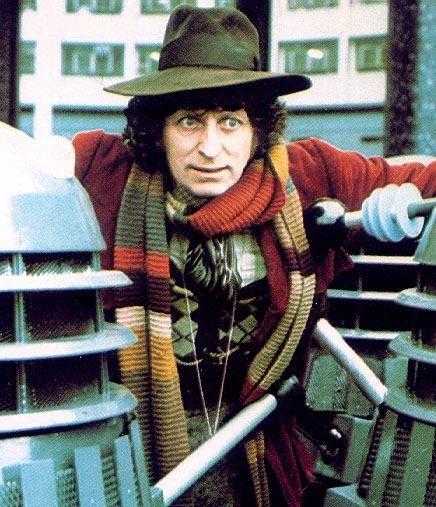LizzieMaine
Bartender
- Messages
- 34,192
- Location
- Where The Tourists Meet The Sea
Who thought pastel tuxedos and ruffled shirts looked great??? :eusa_doh:
The Doctor will see you now.

Who thought pastel tuxedos and ruffled shirts looked great??? :eusa_doh:

Who thought pastel tuxedos and ruffled shirts looked great??? :eusa_doh:
Funny thing about the 70s - we thought we looked really good then. It wasn't till a few years later that it all looked so really bad. When I look back at our family photos, I shake my head and wonder what were we thinking back then. :eusa_doh:
Who thought pastel tuxedos and ruffled shirts looked great??? :eusa_doh:
The Doctor will see you now.

Oh, you "moderns"!Whatever butters your parsnips. But I ain't having it in *my* house.
I'd turn around and get a new doctor.

I don't think we WERE thinking back then.
I must have been thinking, "I'll bet Kathy, Lisa, Stephanie, Elizabeth, Crystal ... will think this looks cool."Yep, now that I think of it, I'm sure that's what I was thinking.
Funny thing about the 70s - we thought we looked really good then. It wasn't till a few years later that it all looked so really bad. When I look back at our family photos, I shake my head and wonder what were we thinking back then. :eusa_doh:
... or should I say women make you do strange things.
You mean like driving your '62 Plymouth out to the end of a logging road and ... ?
So many homes and buildings and everything else we prize here were destroyed.
I think of it this way -- the sixties, seventies, and eighties were the Golden Age of American Hedonism. The seed was planted in the fifties by the explosion of postwar consumerism -- and in that respect, *the sixties weren't truly rebelling against the fifties at all.* They were, instead, the logical culmination of the fifties, and all they did was replace one kind of hedonism with another. And then the seventies introduced a new flavor, until it all culminated with the orgy of crassness and empty vulgarity that was the Eighties.
You mean like driving your '62 Plymouth out to the end of a logging road and ... ?
I'm experimenting with the idea that there was a "post war decade" then what we call the '50s which lasted into the 1960s at least as far as the aftermath of the Kennedy shooting, then the hypothetical "'60s" lasted until the end of the Vietnam and the utter commercialization of counter culture. I'm not entirely sure what would call an end to my '75 to '85 decade but it feels more appropriate than ending it in 1979 or 80 ... and I graduated from high school in '79 so that is a line of demarcation for me.
 John Lofgren Monkey Boots Shinki Horsebuttt - $1,136 The classic monkey boot silhouette in an incredibly rich Shinki russet horse leather.
John Lofgren Monkey Boots Shinki Horsebuttt - $1,136 The classic monkey boot silhouette in an incredibly rich Shinki russet horse leather.  Grant Stone Diesel Boot Dark Olive Chromexcel - $395 Goodyear welted, Horween Chromexcel, classic good looks.
Grant Stone Diesel Boot Dark Olive Chromexcel - $395 Goodyear welted, Horween Chromexcel, classic good looks.  Schott 568 Vandals Jacket - $1,250 The classic Perfecto motorcycle jacket, in a very special limited-edition Schott double rider style.
Schott 568 Vandals Jacket - $1,250 The classic Perfecto motorcycle jacket, in a very special limited-edition Schott double rider style.